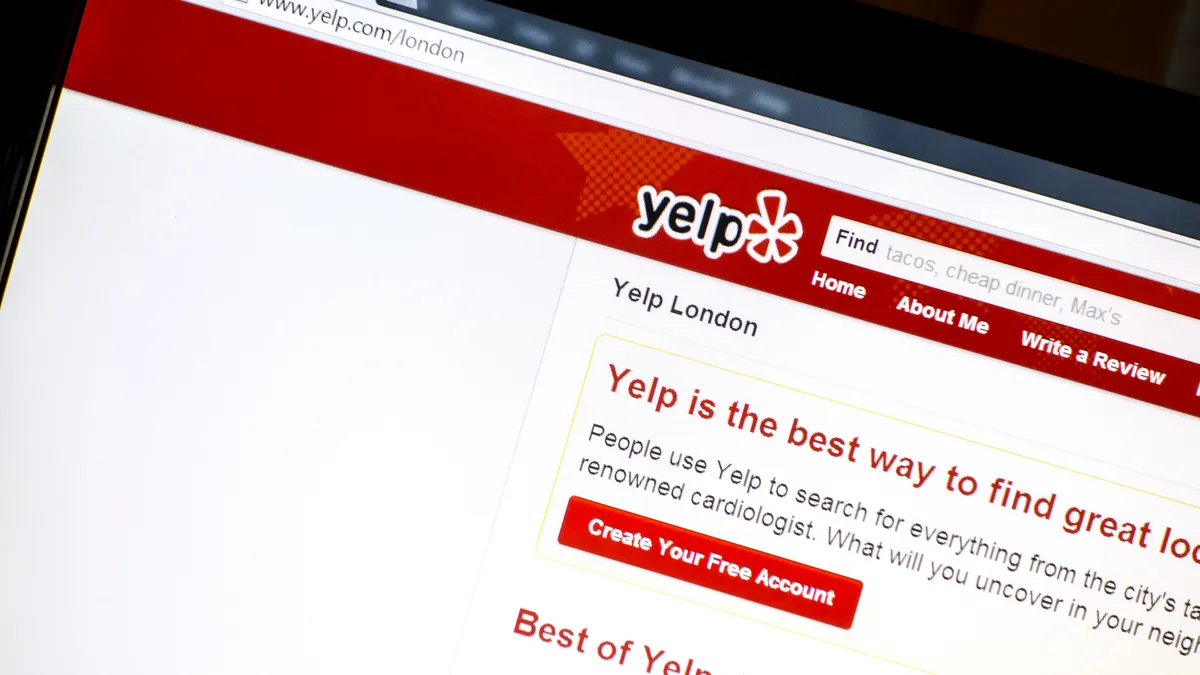Dive Brief:
- Yelp has a data-driven strategy for increasing diversity hiring in the technology industry, Harvard Business Review (HBR) reports. Yelp's approach isn't a "silver bullet" for diversity hiring in the industry; rather, the company examines which strategies were successful and creates a database of results all tech firms can use in their own recruitment efforts.
- According to HBR, Yelp's leaders considered a number of ways to diversify its staff, including mixing genders on hiring committees, disguising voices in interviews and expanding college campus recruiting to attract black, female and Hispanic students, with both positive and negative results.
- In 2014, Yelp released its diversity hiring results among engineers: women made up 10% of its engineering hires, while Hispanics and black made up 7% and 4% respectively, according to HBR. Other tech firms had similar figures. Yelp has concluded that diversity hiring strategies in the tech industry should be openly shared among the industry's firms and evaluated for their effectiveness.
Dive Insight:
Employers should consider whether obstacles to diversity hiring, especially in the tech industry, are based on difficulty with finding enough candidates or bias in the recruiting process. Are candidates being overlooked on the presumption that they're unqualified or unsuited to a company's culture? Recruiters must find the answer to this question if diversity hiring numbers are to increase. In 2016, SAP technology introduced software that can detect both biased recruiting results and bias in recruiters' decisions.
Although tech firms claim to be committed to diversity hiring, many reject the idea of affirmative action. Policymakers argue that affirmative action wasn't meant to replace white male workers with women, African Americans or Hispanics, and was instead meant to ameliorate the discrimination that kept otherwise qualified workers out.
Another question for employers is how women and under-represented groups are fairing within companies once they're hired. According to a Harris poll released in May, 37% of workers said they left jobs in the tech industry because of mistreatment. The poll showed that the hardest hit were women, African Americans and Hispanics. HR audits might reveal some behaviors rooted in the culture that need addressing.
Some tech companies have adopted diversity hiring strategies that might show progress over time. Microsoft is tying diversity hiring to executives' bonuses. Comparably launched a public directory that shows job applicants how employees rate 20,000 U.S. companies using a Gender and Diversity Score. Silicon Valley Bank removes names from resumes to reduce bias.
Tech firms that report some progress in diversity hiring, such as Facebook, which says women now make up 27% of its class of engineers; YouTube which says women make up a third of the site's staff; and Accenture, which has met aggressive diversity hiring goals, might publicly share their successful strategies for hiring women.













